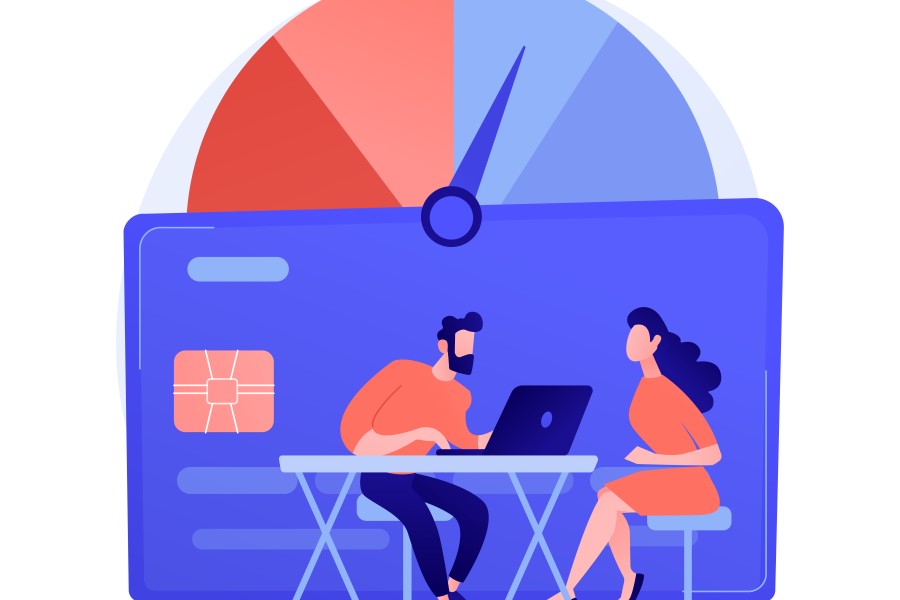Financial literacy for kids is a crucial life skill that sets the foundation for a secure financial future from a young age. Teaching kids about money from an early age not only helps them understand the value of money but also instils good financial habits. In this age-by-age guide, we’ll explore how to introduce the concept of money to children and nurture their financial literacy skills as they grow.
Early Childhood (Ages 3-5): Introducing Basic Concepts
1. Understanding Money and Its Purpose
At this stage, children are curious and eager to learn. Introduce them to the concept of money by explaining that it is used to buy things we need and want. Use play money or real coins to demonstrate how money is exchanged for goods and services.
2. Simple Saving and Spending
Encourage young children to save by providing them with a piggy bank. Teach kids about money and the importance of saving it for the future and spending wisely. This is a great time to introduce basic terms like “saving,” “spending,” and “money.”
Also Read: Hypothecation: Definition and How It Works, With Examples
Early School Age (Ages 6-8): Building Awareness
1. Earning Money
As children start school, they begin to understand the concept of earning. Introduce the idea that people work to earn money, which is then used to buy necessities and luxuries. Consider giving them small allowances for completing simple chores to teach them the value of earning.
2. Introduction to Budgeting
Teach kids how to budget by helping them divide their allowance into different categories: saving, spending, and giving. This practice helps them understand that money should be managed wisely to meet different needs and goals.
Tweens (Ages 9-12): Developing Practical Skills
1. Understanding Wants vs. Needs
At this age, children can grasp the difference between wants and needs. Encourage discussions about why certain purchases are necessary and others are not. This helps them prioritise their spending and make informed decisions.
2. Saving for Goals
Introduce the concept of saving for specific goals, like buying a toy or a game. This teaches children patience and the importance of saving over time to achieve something they want. You can also introduce them to the idea of interest and how money can grow over time in a bank account.
Teenagers (Ages 13-18): Preparing for Independence
1. Managing a Bank Account
As teenagers approach adulthood, it’s time to teach them how to manage a bank account. Show them how to deposit and withdraw money, monitor their balance, and understand bank statements. This hands-on experience prepares them for financial independence.
2. Introduction to Credit and Loans
Explain the basics of credit, including how credit cards work and the importance of paying off balances to avoid debt. Discuss the concept of loans, interest rates, and the responsibility that comes with borrowing money. This knowledge is crucial as they consider larger purchases, such as a car or college expenses.
Also Read: Balloon Mortgage: Definition, Pros and Cons
Airtel Finance Personal Loans
As we help our children prepare for their financial future, it’s essential to be aware of the resources available to manage our own finances. Airtel Finance offers flexible personal loans to help meet your financial needs, whether for education, emergencies, or personal projects.
Benefits of Airtel Finance Personal Loans:
- Flexible EMI Options: Choose from a variety of EMI and tenure options that suit your financial situation.
- 100% Online Process: Apply online, submit the necessary documents, and get your loan approved within minutes.
- Instant Disbursal: Once approved, the loan amount is credited to your bank account almost instantly.
- Trusted Partners: Airtel collaborates with trusted RBI-regulated banks and NBFCs to offer these loans.
Airtel Finance provides personal loans ranging from ₹10,000 to ₹9,00,000 with an interest rate starting from 11.5%. The tenure can range from 3 to 60 months, and the credit is disbursed within 24 hours. The application process is pretty simple and fully digital, ensuring a hassle-free experience. With a low processing fee of 2% to 5% + GST, Airtel Finance makes it easier to access funds when needed.
Conclusion
Teaching kids about money is a gradual process that evolves with their age and understanding. By instilling financial literacy early on, we equip our children with the tools they need to navigate the complexities of personal finance. As they grow, these skills will empower them to make informed decisions and achieve financial independence. Remember, the goal is not just to teach them about money but to prepare them for a financially secure future.
Also Read: What Are Non-Performing Assets: NPA Meaning and Types
FAQs
1. What is financial literacy, and why is it important for kids?
Financial literacy refers to the understanding and management of money, including skills like budgeting, saving, and investing. Teaching kids about money is crucial as it prepares them for financial independence and helps them make informed decisions in the future.
2. At what age should I start teaching my child about money?
It’s never too early to start. You can introduce basic concepts like the value of money and saving as early as age three. As they grow, you can gradually introduce more complex topics such as budgeting and managing a bank account.
3. How can I make learning about money fun for my child?
Use games, stories, and real-life examples to make learning about money engaging. Activities like pretend shopping, using play money, and setting up a savings goal for a desired toy can make the learning process enjoyable and practical.
4. Should I give my child an allowance?
Giving an allowance can be a useful tool for teaching children about money management. It helps them understand the concept of earning and saving, as well as the value of making choices with their money. Ensure the amount is age-appropriate and consistent.
5. What should I do if my teenager wants to get a credit card?
Educate your teenager about the responsibilities and risks associated with credit cards. If they are ready, consider starting with a prepaid card or a low-limit credit card. Emphasise the importance of paying off the balance in full each month to avoid debt and build good credit habits.


 Get App
Get App  Airtel Store
Airtel Store  Login
Login 


